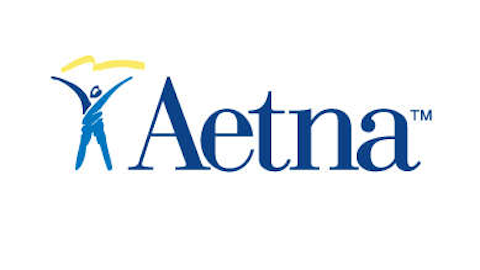It’s officially crunch time for President Obama and the thousands of workers nationwide who’ve been hired to help promote the Patient Protection and Affordable Care Act, known also as Obamacare, to the American public.

Source: White House on Flickr.
In a matter of 17 days, the state-run health exchanges are set to open for business, and assuming everything is running according to plan, people in each individual state — whether it be a state that decided to set up its own exchange or one set up by the federal government — should be able to transparently and openly see what health-care options are available to them, and to purchase health care on their own behalf.
The implementation of the technology and educational manpower needed to make this law come together has been in the works for nearly three and a half years. But based on certain aspects of implementation thus far, that still may not be enough time to get everything off the ground on-time for an Oct. 1 launch.

The employer mandate’s costly delay
For one, in early July we found out that the Obama administration would be pushing back the full enforcement of the employer mandate — the part of the bill that requires businesses with 50 or more full-time employees to supply those employees with health insurance options or face a penalty of $2,000 to $3,000 per employee — until Jan. 1, 2015. The administration’s view of the delay is that it would give everyone, including insurers, ample time to gauge how quickly individuals took to the individual health-insurance exchanges. While that’s a valid point, it’s also no secret that the technological oversight and potential penalty enforcement needed to ensure that businesses were complying with the law was going to be difficult to fit into the already tight schedule. On top of this, the Congressional Budget Office estimates the delay will cost $12 billion!
The often forgotten downside of this move is that it puts workers in many industries at a disadvantage for up to a year and a half. The reason they’re at a disadvantage relates to the move by some businesses to cut back employees’ hours below the 30-hour mark (what’s deemed full-time by the PPACA) so as to avoid needing to supply health insurance to their workers and avoiding the chance of a penalty altogether. The employer mandate delay gives business another year and a half to essentially decide whether they want to supply health insurance to their employees, take the penalty, or simply cut back hours of previously full-time employees, as movie theater chain Regal Entertainment Group (NYSE:RGC) did in April as a direct result of Obamacare. My suspicion is we may wind up seeing more of the latter over the coming year.
Daunting technical delays
It’s my best guess that the employer mandate was pushed back (among other reasons) because of the enormous amount of stress it would place on the existing technology. What is absolutely concrete, though, is that technical issues, and the need to be flexible with policies and pricing, delayed the Department of Health and Human Services from signing off on insurers’ policies on federally run health exchanges between Sept. 5 and Sept. 9 as it was originally planned. Although the expected signing-off of federal health policies by the HHS was pushed back only about a week, it nonetheless highlights the daunting technical delays yet to be overcome with this sweeping health reform.

Source: Marco Bellucci, Flickr.
Too few people and businesses are “in the know”
The educational shortfalls of Obamacare also have to be a bit of a concern. In August’s Kaiser Family Foundation poll, two particular questions struck me as particularly worrisome. The first asked respondents whether they realized that the PPACA was the law of the land. A clean 44% of respondents had no clue, with 31% not knowing, 8% assuming Congress overturned it, and 5% thinking the Supreme Court overturned the bill. The other question involved whether individuals had heard “a lot,” “some,” “only a little,” or “nothing at all” about their own state’s health exchange. A staggering 70% are still in the “only a little” or “nothing at all” category, compared with 79% in June 2013. While this is progress, it doesn’t project the image that people will be able to make smarter decisions about their own health-care choices when Oct. 1 does roll around.
Small businesses aren’t much better off. Although employers were essentially given a free pass until Jan. 1, 2015, to get their act together, small businesses that are regulated under the Fair Labor Standards Act with at least one employee and $500,000 in annual revenue are required by law to inform their employees about the Oct. 1 start date for the state-run health exchanges. Should these small businesses not do this, they are subject to an ongoing $100 per-day fine. Sure, that’s not a huge fine, but look at the various news media sources that have interviewed some of the nation’s small businesses, and you’ll discover that a large portion of these businesses had no clue that there was a $100-per-day fine attached for not informing current employees about their individual health-exchange options. As an added kicker, it isn’t exactly understood how the government will track and enforce this penalty!





